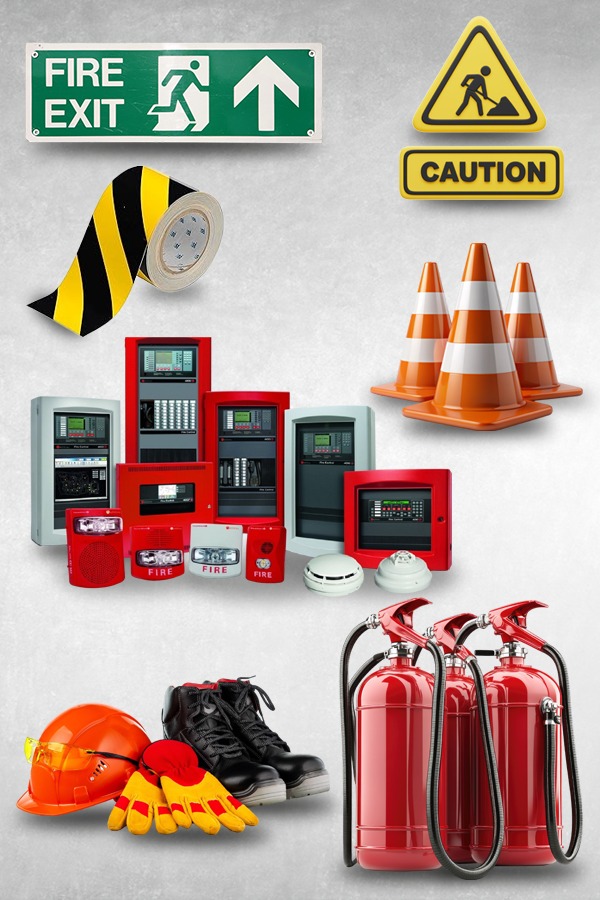Fire Extinguishers
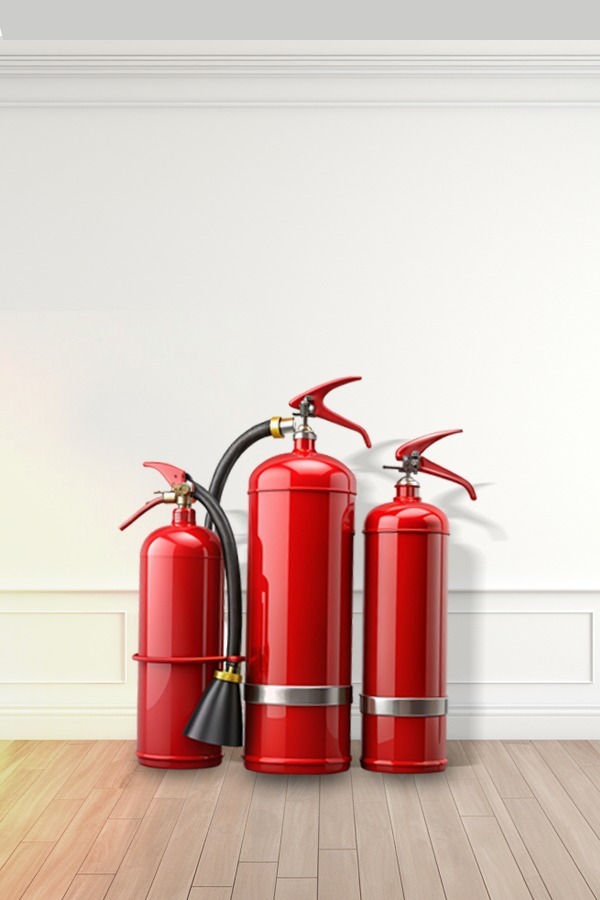
Fire Extinguishers
A fire extinguisher is a portable first-response device designed to control or extinguish small fires during emergencies. It works by discharging a specific extinguishing agent—such as water, foam, dry chemical powder (DCP), CO2, wet chemical, or clean agent gas—to interrupt one or more components of the fire triangle (heat, oxygen, and fuel). Fire extinguishers are categorized based on the fire types they are designed to combat, including:
-
Class A: Solid combustibles (wood, paper, textiles)
-
Class B: Flammable liquids (diesel, petrol, oils)
-
Class C: Flammable gases
-
Electrical Fires: Energized electrical equipment
-
Class K/F: Cooking oils and fats (for kitchens)
Routine inspection, pressure testing, refilling, and preventive maintenance are essential to ensure proper performance and compliance with QCDD and international safety standards.
Advance Technical Services supplies, installs, refills, tests, and maintains a full range of QCDD-approved fire extinguishers suited for all fire classes. We support complete lifecycle services, including:
-
On-site inspection and condition assessment
-
Refilling and recharging
-
Hydrostatic pressure testing
-
Functional and discharge testing
-
Third-party testing, certification, and compliance documentation
-
Supply of new extinguishers with installation and commissioning
We serve commercial buildings, industrial facilities, warehouses, offices, and residential properties, ensuring every fire extinguisher is fully compliant, reliable, and ready for emergency use.
With our technical expertise and adherence to QCDD regulations, we deliver comprehensive fire extinguisher solutions that enhance safety and protect life and property.
Other Services
Explore our range of engineering and safety solutions designed to ensure reliability and protection.
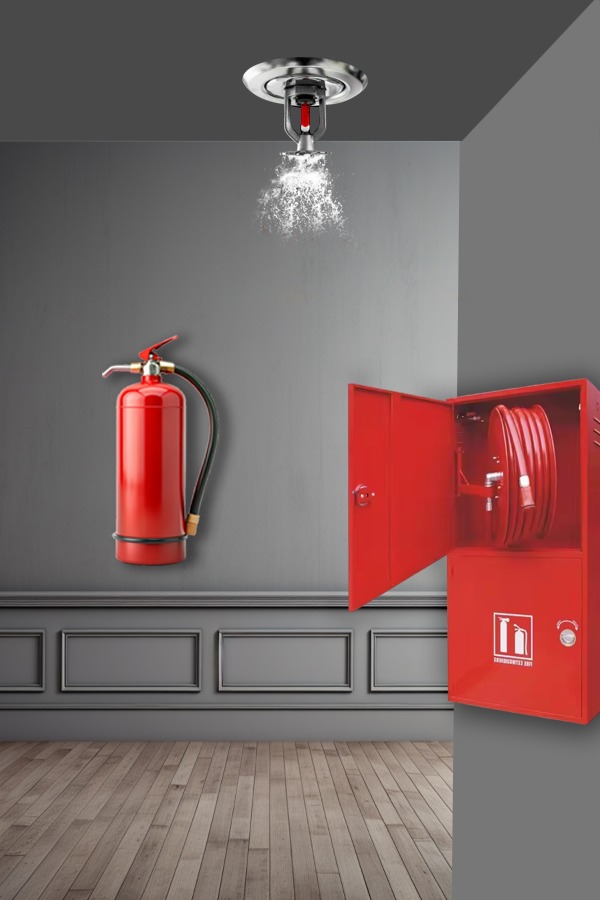
Firefighting System
A firefighting system is an integrated network of equipment, piping, water supply, and control mechanisms designed to detect, control, and e...
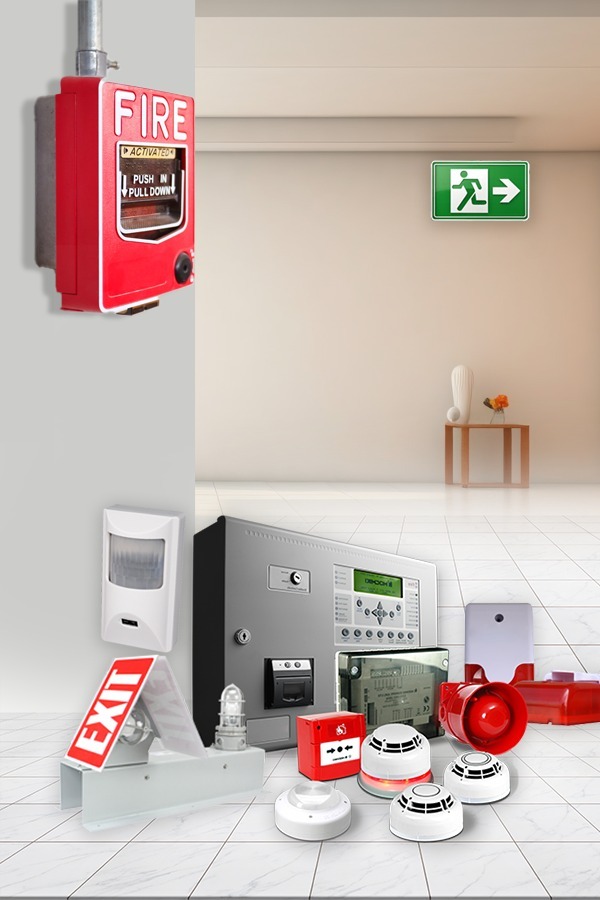
Fire Alarm & Life Safety Systems
A Fire Alarm System is a critical life-safety solution designed to detect fire at the earliest stage and alert occupants through audible and...
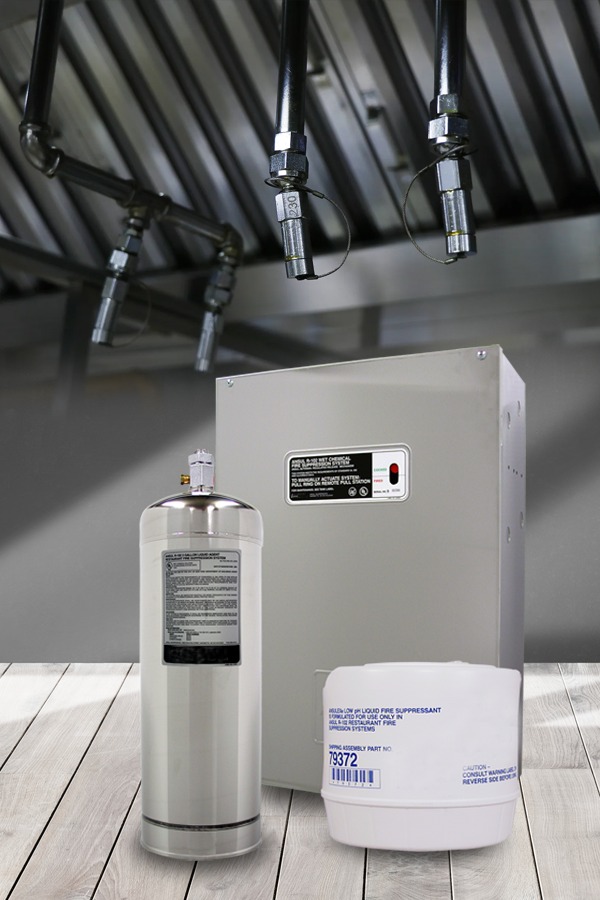
Fire Suppression System
A Fire Suppression System is an advanced fire protection solution designed to automatically detect, control, and extinguish fires before the...
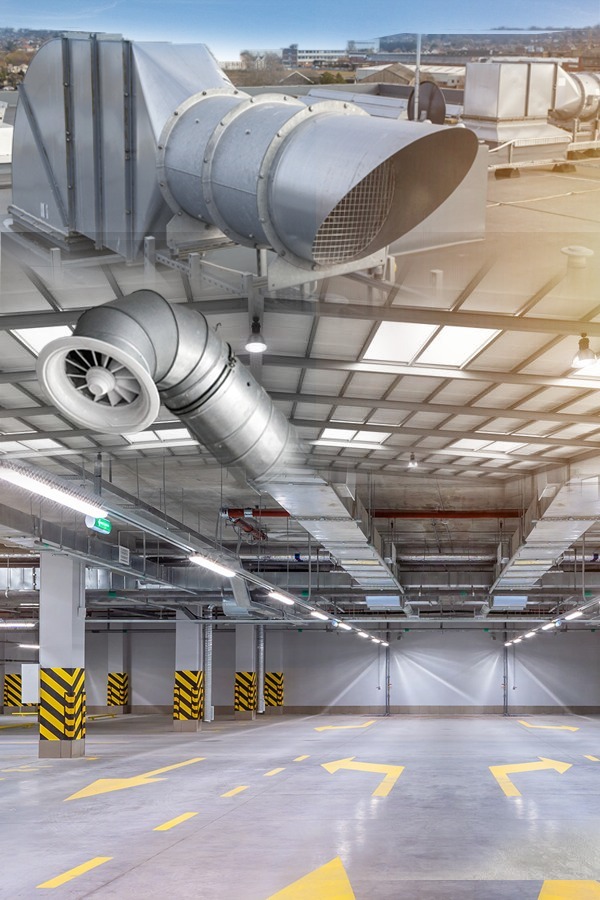
ACMV/ Smoke Management system
Smoke Management Systems—an integral part of ACMV (Air Conditioning and Mechanical Ventilation)—are engineered to control, extra...
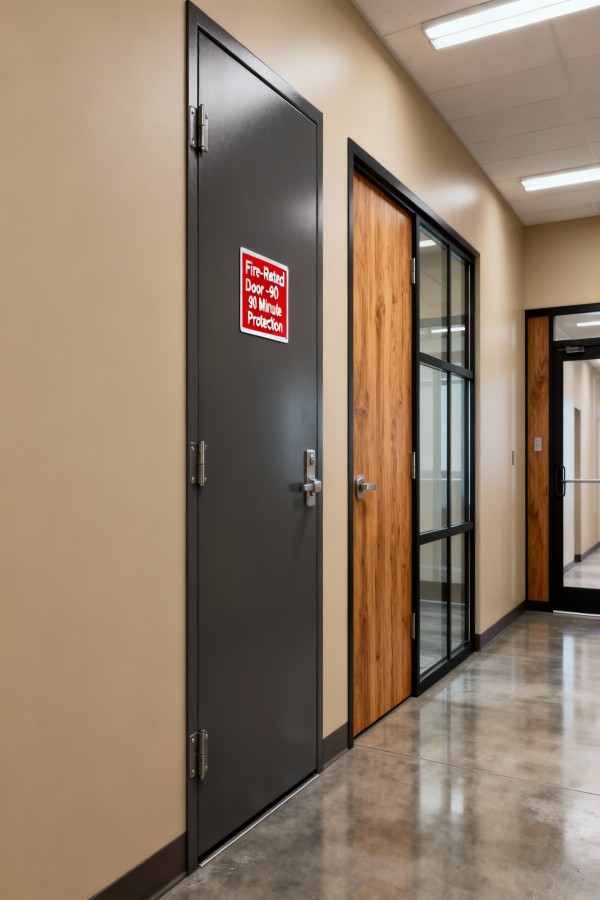
Fire rated Doors
A Fire Rated Door (also called a Fire Door) is a specially constructed door designed to resist the spread of fire and smoke for a specific p...
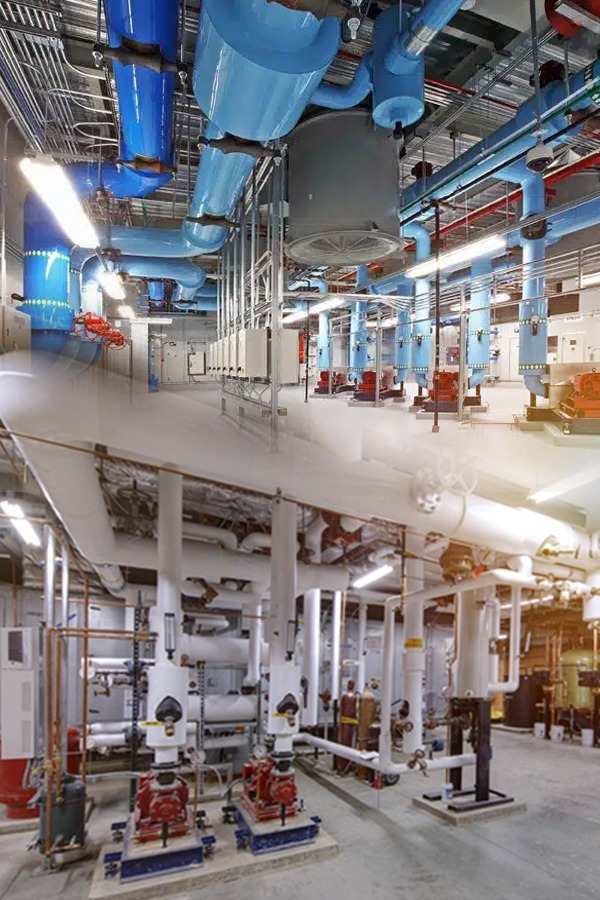
MEP Contacts & MEP Facility Maintenance
MEP (Mechanical, Electrical, and Plumbing) represents the essential building infrastructure systems that ensure comfort, safety, and efficie...

ELV System
ELV stands for Extra-Low Voltage Systems — a group of systems in a building that operate on low voltages (typically below 50V AC or 12...
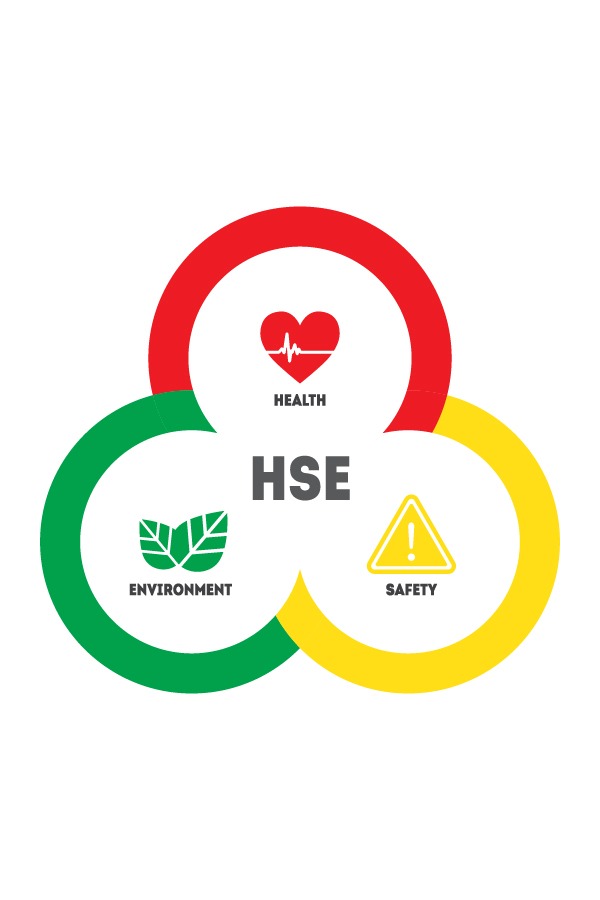
HSE Project Supports
HSE stands for Health, Safety, and Environment — a crucial discipline that ensures workplaces, construction sites, and operations are...
